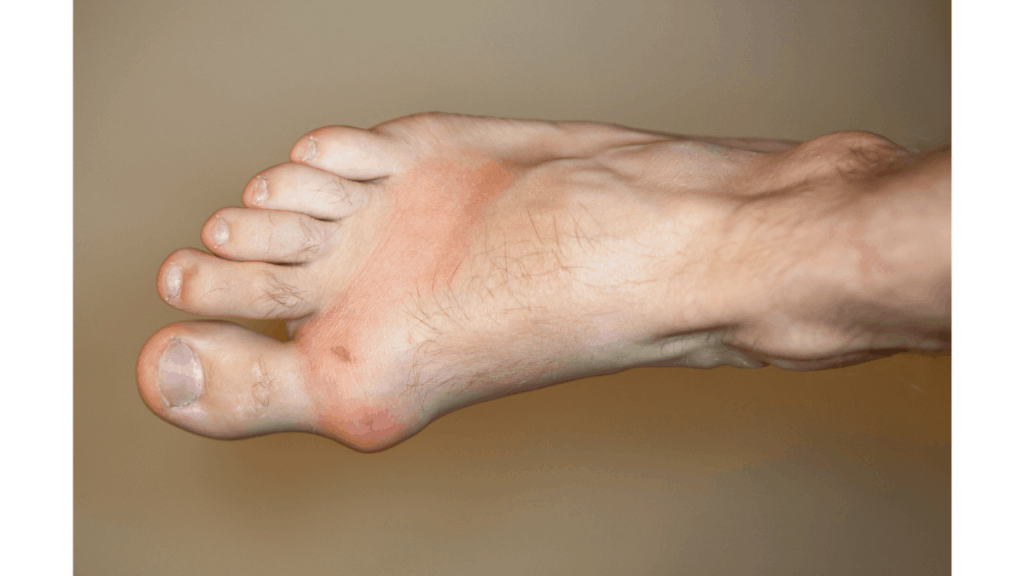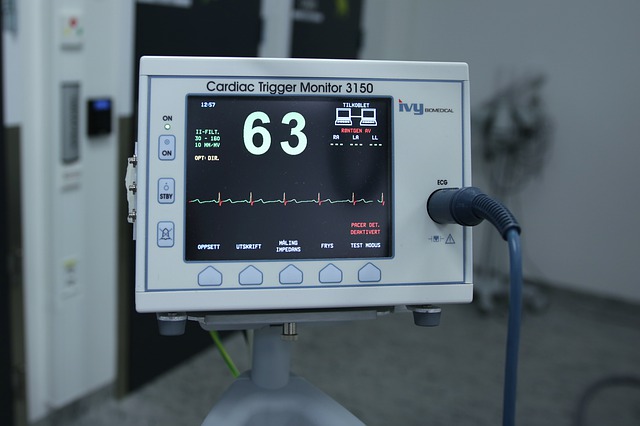
Rheumatoid arthritis not only affects the joints, but new research has established a strong link between RA and heart disease. There are well-researched previous studies to link RA with an increased risk of other heart disease; the researchers in the current study1 were more focused on linking it with heart diseases like atrial fibrillation and stroke.
In this article, we will learn how rheumatoid arthritis increases the risk of heart disease according to the study and what steps you can take to prevent it.
Understanding Rheumatoid Arthritis
Rheumatoid arthritis is a chronic autoimmune disorder that primarily affects the joints. If you are a rheumatoid arthritis sufferer, you may recall that rheumatoid arthritis usually begins with morning pain and stiffness in the small joints of the fingers on both hands. It’s important to note that if you’re experiencing pain in only one side of the finger joint, it could be due to other factors, such as elevated blood uric acid and gout. In rheumatoid arthritis, the sufferer usually complains of pain that symmetrically affects both sides of the joints.
RA is characterized by inflammation and swelling of the synovial membrane, which leads to joint pain, stiffness, and reduced mobility. This disease is progressive, and as the disease progresses, the pain and stiffness start affecting larger joints such as knees, hips, and elbows. The entire spine joint is affected in the advanced stages of the disease.
The exact cause of rheumatoid arthritis is not known, but it is believed to be related to a combination of genetic and environmental factors. The disease can affect people of all ages and predominantly affects individuals between 35–60 years. It is more common in women than men. However, there are cases of individuals 16 years of age or below who are affected; it is termed juvenile rheumatoid arthritis. They often present with complaints of fever, weight loss, tender joints, and rheumatoid nodules.
The connection between RA Cardiovascular disease
The present study1, looking for evidence of a strong association between RA and heart disease (CVD- Cardio Vascular Disease), was published online in the Journal of Arrhythmia. Although there is previous research linking the increased risk of developing cardiovascular disease, the researchers in the present study were specifically looking for causes that increase the risk of heart disease in RA sufferers.
For this, the doctors made data from all the previous study papers since their inception until September 10, 2023, that linked the incidence of CVD with rheumatoid arthritis.
To be eligible, the studies had to report at least one of the desired outcomes of interest and include patients aged 18 years or older, with two arms consisting of rheumatoid arthritis patients and non-rheumatoid arthritis patients, and could be either propensity score-matched studies or prospective and retrospective studies.
They searched for a literature database and shortlisted 451 research papers, out of which seven papers were included in the study. Scientists were investigating the variation in the risk of developing heart disease between people with RA and those without RA. Atrial Fibrillation was the primary outcome they were looking for, including secondary outcomes such as Acute Coronary Syndrome and All-Cause Mortality.
How Rheumatoid arthritis sufferers have an increased risk of developing heart disease.
This study provides compelling evidence of a strong association between RA and increased risk of cardiovascular disease outcomes. The analysis included 4 679 930 patients of mean age 57 years, of which 81 677 were in the RA group and 4 493 993 patients in the non-rheumatoid arthritis group.
Interestingly, the scientists found that both groups were equally suffering from Diabetes Mellitus and Hypertension, both important causes of heart disease2.
When coming to association with heart disease, the analysis revealed that RA patients face a significantly higher risk of AF and ACM compared to non-RA groups. However, the likelihood of developing a stroke was not equal among both groups.
Cause behind RA and Heart disease association
According to the paper’s author, the exact cause is unknown, but several factors contribute to increased chances of developing heart disease in rheumatoid arthritis sufferers. One factor is the individual with RA is prone to developing diabetes and hypertension, which is known to increase the risk of heart disease.
Genetic factors are another believed cause of cardiovascular disease and RA association. There are specific gene variations linked to susceptibility to developing these conditions.
The most important factor is the inflammatory nature of rheumatoid arthritis. Inflammation increases the chances of developing atherosclerosis. Atherosclerosis is characterized by the narrowing and stiffening of arteries, which ultimately contributes to the development of cardiovascular diseases. It also increases the risk of developing ischemic stroke.
In addition to the factors mentioned earlier, cardioembolism plays a significant role in the occurrence of stroke among patients with RA. Blood clots can migrate to the brain and cause a stroke.
Also Read: Newly Discovered Gut Bacteria May be Culprit Behind Rheumatoid Arthritis
What to do if you are a rheumatoid arthritis sufferer
According to this study, individuals with rheumatoid arthritis are at higher risk for developing diabetes and hypertension, which in turn increases their risk for heart disease. Those individuals must maintain a healthy diet and active lifestyle to prevent these conditions.
Aerobic activities like brisk walking, cycling, and swimming can benefit. However, RA sufferer should choose the activities considering their disability. I have discussed exercises for diabetes patients in great detail here in my article “Dummies Guide to Exercising for Diabetes| 12 Easy Workouts to Follow From Today.” You can follow the exercises that you can follow with ease.
The study’s author also suggests starting early medication for RA to prevent the bad effects of inflammation.
There is no need to explain the importance of exercises to manage joint pain and inflammation in RA. We have covered exercises for joints affected by rheumatoid arthritis in another article. These exercises include joint range of motion exercises to increase the flexibility of the joint and strengthening exercises to increase the strength of muscles around the affected joints. You can follow these exercises described here: 9 Best Knee Rheumatoid Arthritis Exercises for Stiffness, Pain
Key take away
- RA patients face a complex interplay of factors that significantly increase their risk of heart disease.
- The study’s findings highlight the need for clinical vigilance and early screening.
- A comprehensive approach is needed to manage RA and associated cardiovascular risks.
- Further research is essential to explore risk factors, gender and race implications, and alternative treatment strategies for this vulnerable population.
Keep Reading: How can I stop joint pain in winter? A Guide to Health Device
The author is a physiotherapist who has been practising for the last 17 years. He holds a Bachelor's in Physiotherapy (BPT) from SVNIRTAR (Swami Vivekananda National Institute of Rehabilitation and Research), one of the prestigious physiotherapy schools in India.
Whatever he learns dealing with his patient, he shares it with the world through blogs and e-books. He also owns a YouTube channel, "Sunit Physiotherapist" with over 8 lakh active subscribers. Here, he shares everything he gets to learn serving the patient.





